
Plane trees in cities have an important cooling effect even in extreme heat, according to a new study. The next step is to identify which tree species are particularly effective at cooling.

Plane trees in cities have an important cooling effect even in extreme heat, according to a new study. The next step is to identify which tree species are particularly effective at cooling.

A study predicts that protecting at-risk seagrass meadows could avert climate damages valued in excess of $200 billion by preventing the release of 1.2 billion tons of carbon pollution. This is equivalent to removing the annual carbon footprint of 100 million U.S. homes.
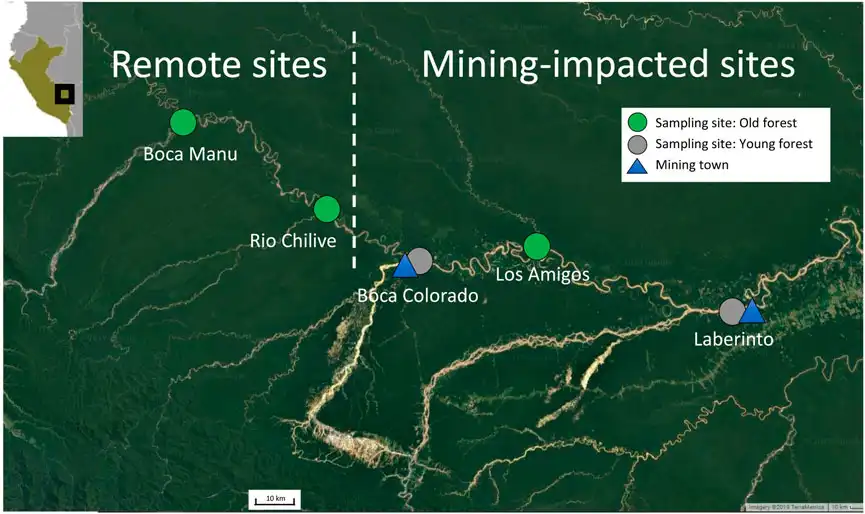
Wild fig tree rings offer a cheap method for tracking toxic atmospheric mercury, a byproduct of gold mining in the Global South, according to a study conducted in the Peruvian Amazon

From the very first presentation to the final wrap-up, the workshop was a deep dive into the challenges—and opportunities—plant science faces in the changing world of today… and probably the one of tomorrow.
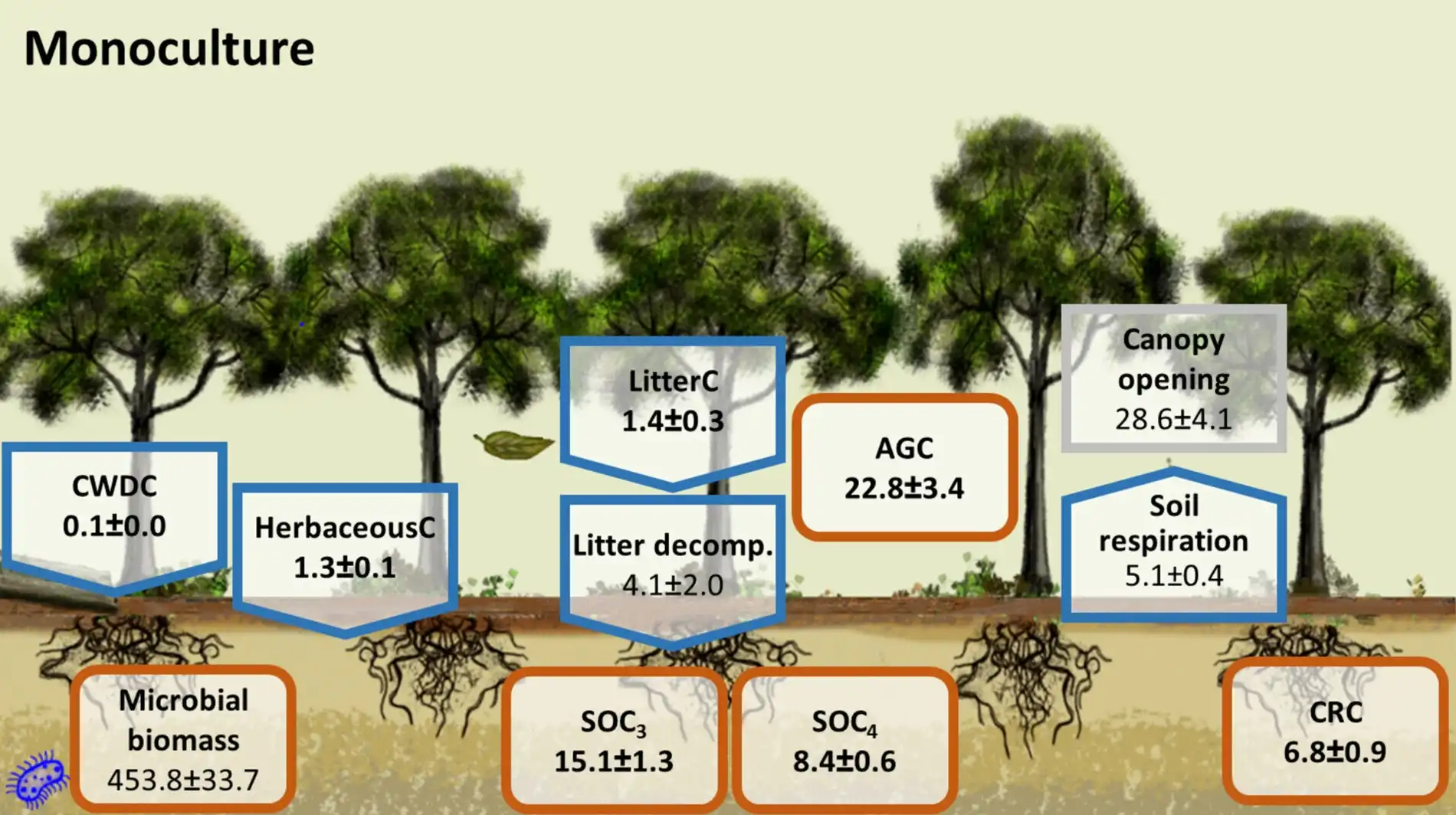
An international study has found that forests with many tree species can store significantly more carbon than those with only one species.
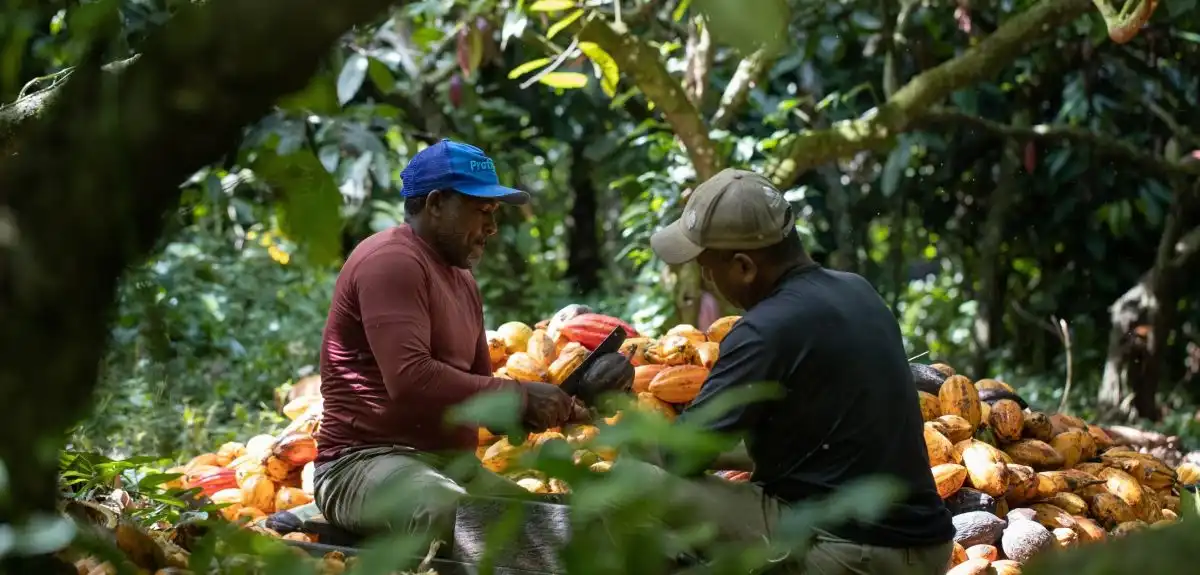
A study reveals that sustainable agricultural practices can future-proof cocoa production. By enhancing pollination and mitigating climate risks, cocoa yields can increase without expanding plantations, supporting millions of farmers and the USD 100 billion chocolate industry while safeguarding biodiversity.

A new study finds that, of the three large-scale, plant-based climate mitigation strategies, reforestation stands out as most beneficial for biodiversity. In addition to reforestation (restoring forests in places where they have historically grown), the team of scientists modeled the impacts of afforestation (adding forests in places like grasslands and savannas) and bioenergy cropping (farming plants such as switchgrass for renewable energy) on more than 14,000 animal species.
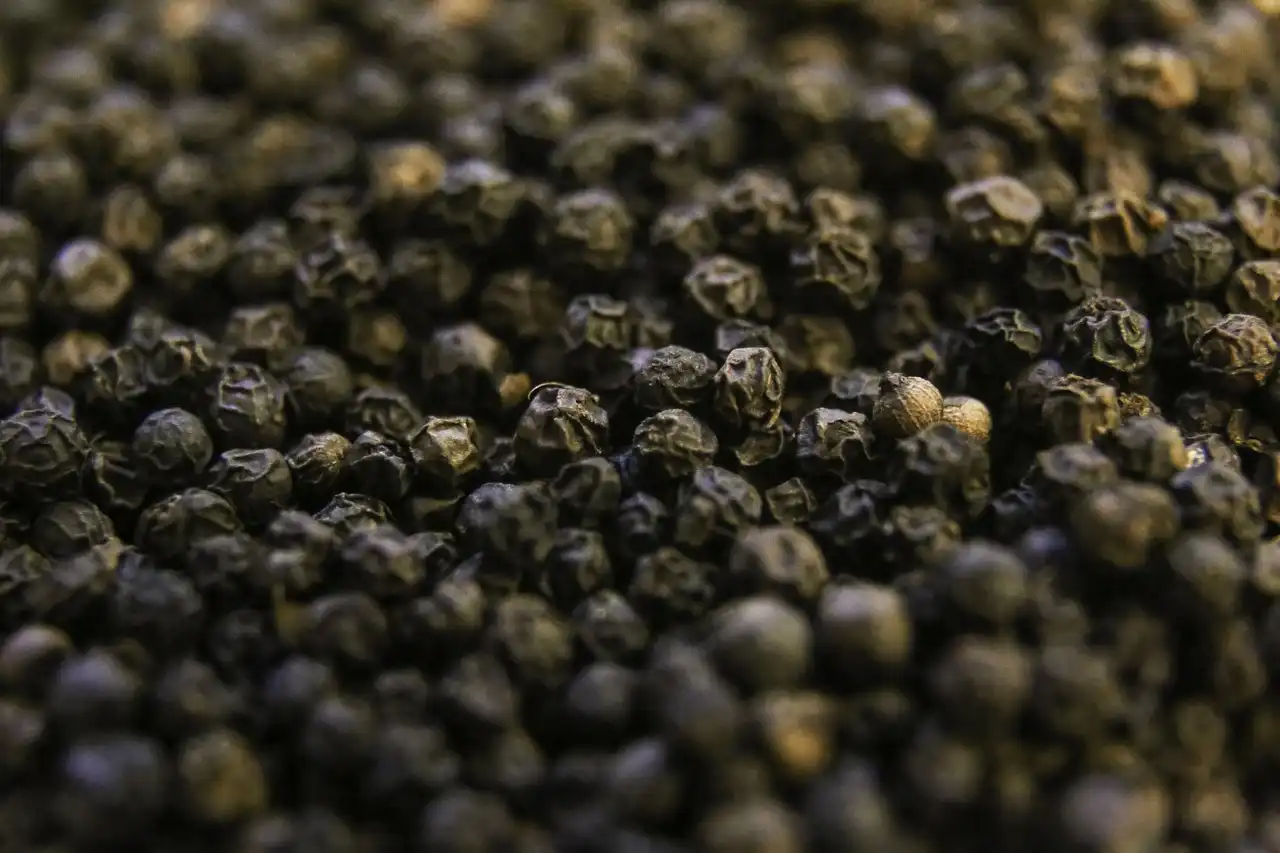
Orphan crops, as the name implies, are often ignored. Yet, they have great potential to improve global food security. These underutilised plants, primarily grown in Africa, Asia, and South America, are staples in local diets but receive minimal attention in modern agriculture. Due to limited research and breeding advancements, they remain vulnerable to biotic and abiotic stresses.

Aspen forests face complex challenges from climate change, not just rising temperatures but interactions with drought, fire, and browsing. A 42% aspen mortality rate highlights vulnerabilities, especially for young trees in dry, low-elevation areas. Adaptive management and collaborative strategies are vital to support regeneration and maintain biodiversity in these essential ecosystems.
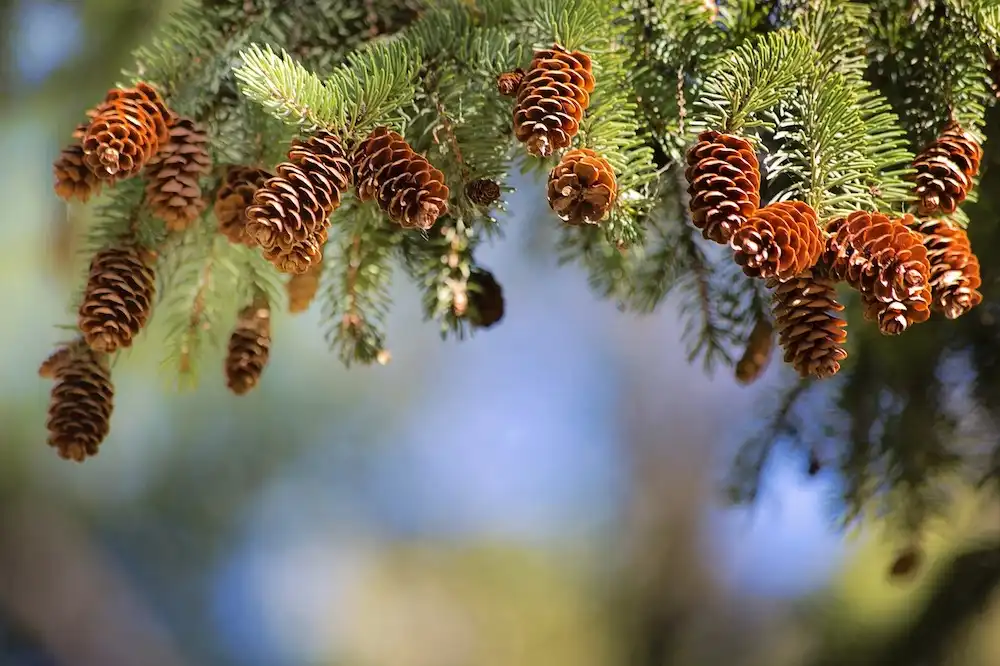
Ice age cycles had minimal impact on the genetic diversity of European trees, finds a new study. High diversity arose from traits like long lifespans and pollen traveling vast distances. This resilience offers hope for forests adapting to today’s rapid climate changes.